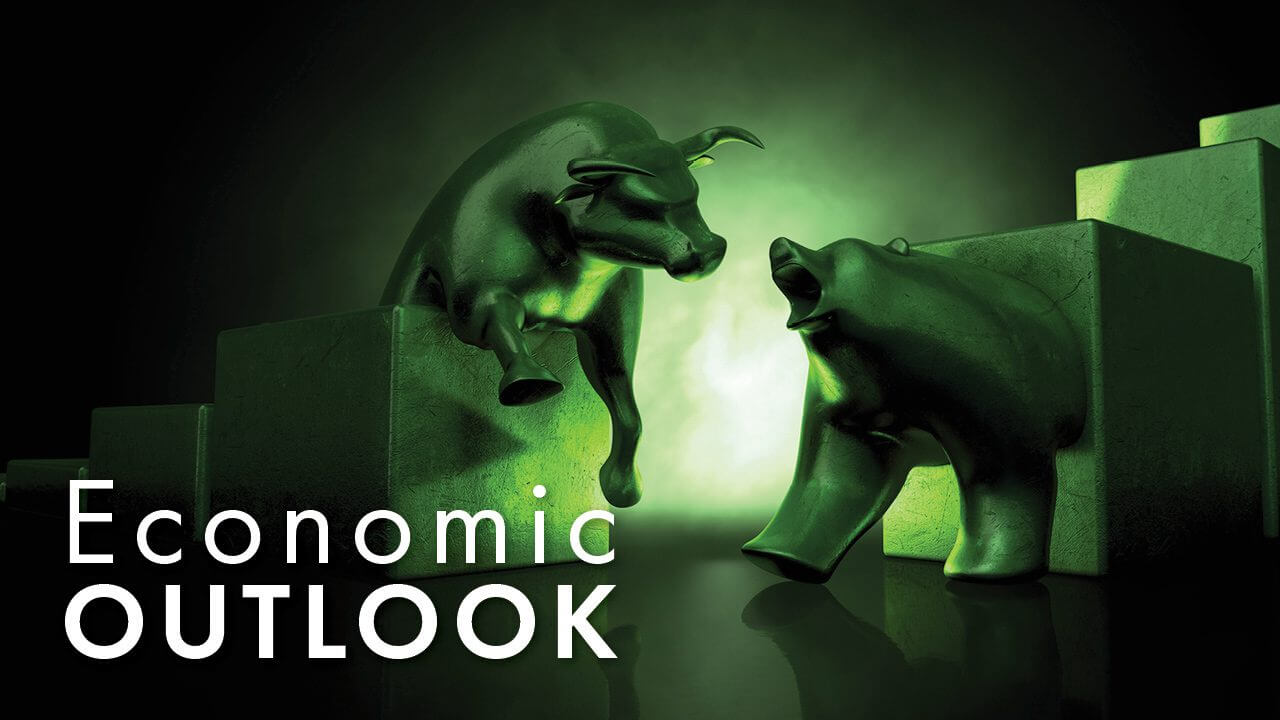Discussion about the economy remains driven by what interest rates may or may not do. The Fed has continued the narrative that interest rates may remain “higher for longer” to effectively beat inflation according to a recent Wall Street Journal article. In the short term, the economy continues to process rate hikes that have not fully shown their true effects.
Long term treasuries have seen a significant uptick suggesting there may be belief from Wall Street that rates truly will remain higher for longer. This increase in borrowing costs ultimately may allow the Fed to not enact additional increases for the time being. A prime example of this is playing out in real time in the mortgage markets as 30-year mortgages have now surpassed 8%. It was only a scant 18 months ago that homeowners and buyers were refinancing at 3%. Mortgage applications have now dropped to levels not seen since 2008. This bodes well for rental markets as 80% of current mortgages were financed below 5% interest.
The retail economy continues to show remarkable resiliency adding to inflationary fires. Job growth and GDP continue to show surprisingly strong numbers. Coupled with consumer spending, inflation has remained above the designated 2% target set forth by the Federal Reserve. With GDP and jobs reports remaining strong in the short term, rate hikes have not cooled inflation to the level the Fed had hoped.
Despite job and GDP growth, stocks have continued a downward trend. The S&P 500 index has now reached correction territory as of Friday, October 27. The index is down 10.3% from July 31, 2023. This quarterly return to negative territory removed large gains over the previous 6 months. Markets do well when there is stability and perceived predictability. The current economy due to Federal Reserve actions has proven to be less than predictable. Couple that with geopolitical unrest in Ukraine and Israel and continued instability appears to be in order.
The selloff in the equity market along with a rising bond yield may be indicators that the Fed can pause rates for a period of time. Economists at Deutsche Bank estimate that with the run-up in yields since September, financial conditions have tightened enough to reduce economic activity by 0.6 percentage points over the next year. The equates to roughly three interest-rate increases of a quarter point each. The next Fed meeting is Wednesday, November 1. It remains to be seen if Jerome Powell will perceive the increase in treasuries the same way.
The upcoming Fed decision on rate increases will be interesting to watch. Data certainly seems to point to a pause in increases, but the Fed has certainly gone against conventional wisdom of late. The one thing that seems to be clear moving forward is that rates look to remain higher for longer with continued unpredictability in equity markets.

